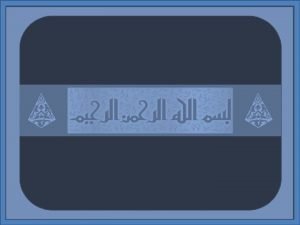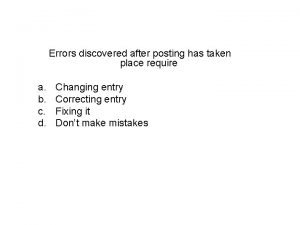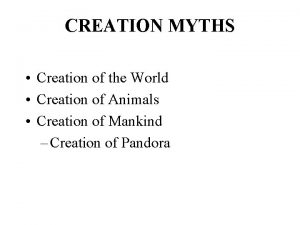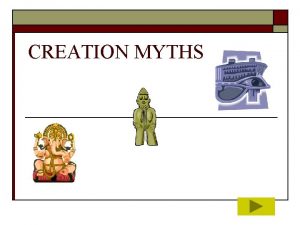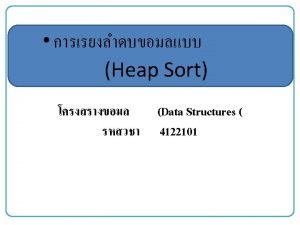Pakistan has After the creation of Pakistan the










- Slides: 10

Pakistan has After the creation of Pakistan the civil and military bureaucracy of colonial period were

Chief Justice of Pakistan was tortured

Impunity

• 52 torture cells run by Pakistan Air Force and Pakistan Navy are also running detention and torture cells in private houses and inside their headquarters compounds. • Pakistan has ratified the CAT in June 2010, but immediately after its signing the government has shown its reservations. The government has conveyed reservations on Articles 3, 4, 6, 8, 12, 13, 28, and 30. Inexplicably, these reservations are coming from a government whose president himself has been tortured in custody because of the absence of anti-torture law. •

• Torture in custody has become endemic. On many occasions the police and members of the armed forces have demonstrated torture in open place to create fear in the general public. • The absence of proper complaint centres and no particular law to criminalise torture makes the menace of torture wide spread. • The torture cases have to be reported to the police, therefore the police, being the main perpetrators of torture refuse to register the cases. This is the main reason why official data about the cases of torture is not available.

Physical remand in police custody-a legal way of torture • A legal way of torture in custody through the method of physical remand in police custody. According to law the judicial magistrate can grant up to 15 days in police custody for further investigation of the case. • The poor training of the police force is one reason for the perpetuation of the use of torture in custody. Because of the lack of awareness and training, investigation officers do not use the basic tools that can help point the investigation in the correct direction. • The judiciary is also desensitized to the menace of torture and its impact on the very people the government and the judiciary are meant to protect.

On compensation: • According to the existing legal framework in Pakistan, a claim for compensation for an act of torture could be settled under the Shari'ah law, an opportunity often subject to absolute misuse in the country. Under the existing circumstances in the country, this procedure often benefits the perpetrator. Often the terms of the compensation are decided by the perpetrator, given the fact that in Pakistan, the law-enforcement officers enjoy a higher degree of authority in the society. By far, the courts in the country have been avoiding dealing with the question of torture. This undermines the possibility of using the civilian court proceedings to obtain compensation, as often the compensation proceedings also require a police report to substantiate a claim against torture.

• At every police station, there is a private torture cells • Torturing jail inmates by taping their male organs • A senior journalist was abducted, tortured and kept incommunicado by the • intelligence agencies • A woman was gang raped and tortured for 50 days in a private detention center of police • A young man was tortured before his mother and later died in jail • Women are used as sex slaves in the military torture cell • A man’s male organ was castigated in police station • An army official was kept 5 years in ISI cell and tortured

Police power

• In 2002, police reforms were introduced by the military regime of Musharraf. But quickly many amendments were made in the Police Order and military government has to bow down before the police power. • No serious efforts are being made from the government or judiciary for the reforms in police.
 After me after me after me
After me after me after me If any man will come after me
If any man will come after me Aims and objectives of the establishment of pakistan
Aims and objectives of the establishment of pakistan After posting is completed there may be an error if
After posting is completed there may be an error if Education is what remains after one has forgotten meaning
Education is what remains after one has forgotten meaning After a node has prepared an lsp it must be disseminated to
After a node has prepared an lsp it must be disseminated to Market forms of beef steak
Market forms of beef steak Most insurance agents would rather you
Most insurance agents would rather you Tư thế ngồi viết
Tư thế ngồi viết Chó sói
Chó sói Thẻ vin
Thẻ vin


